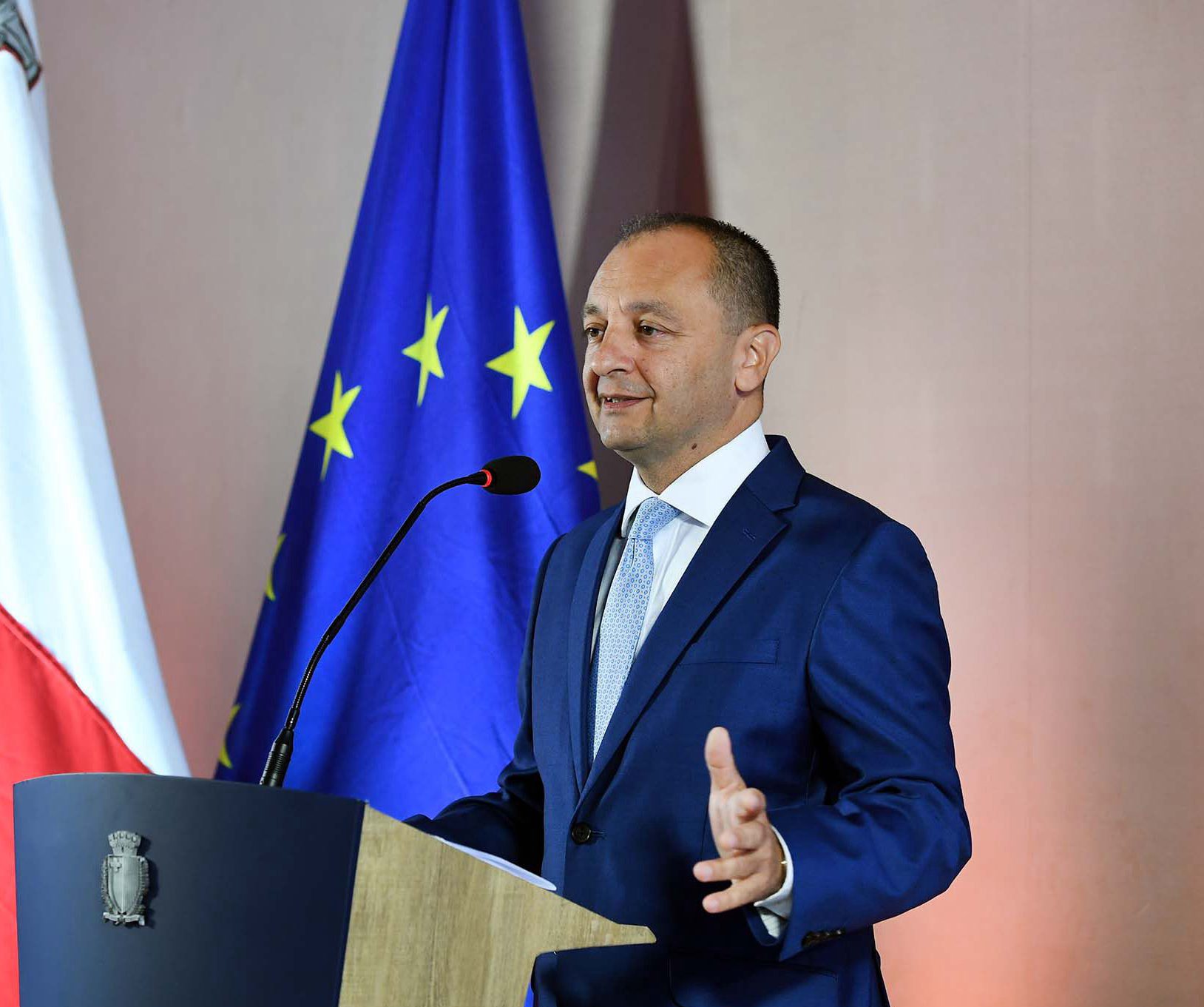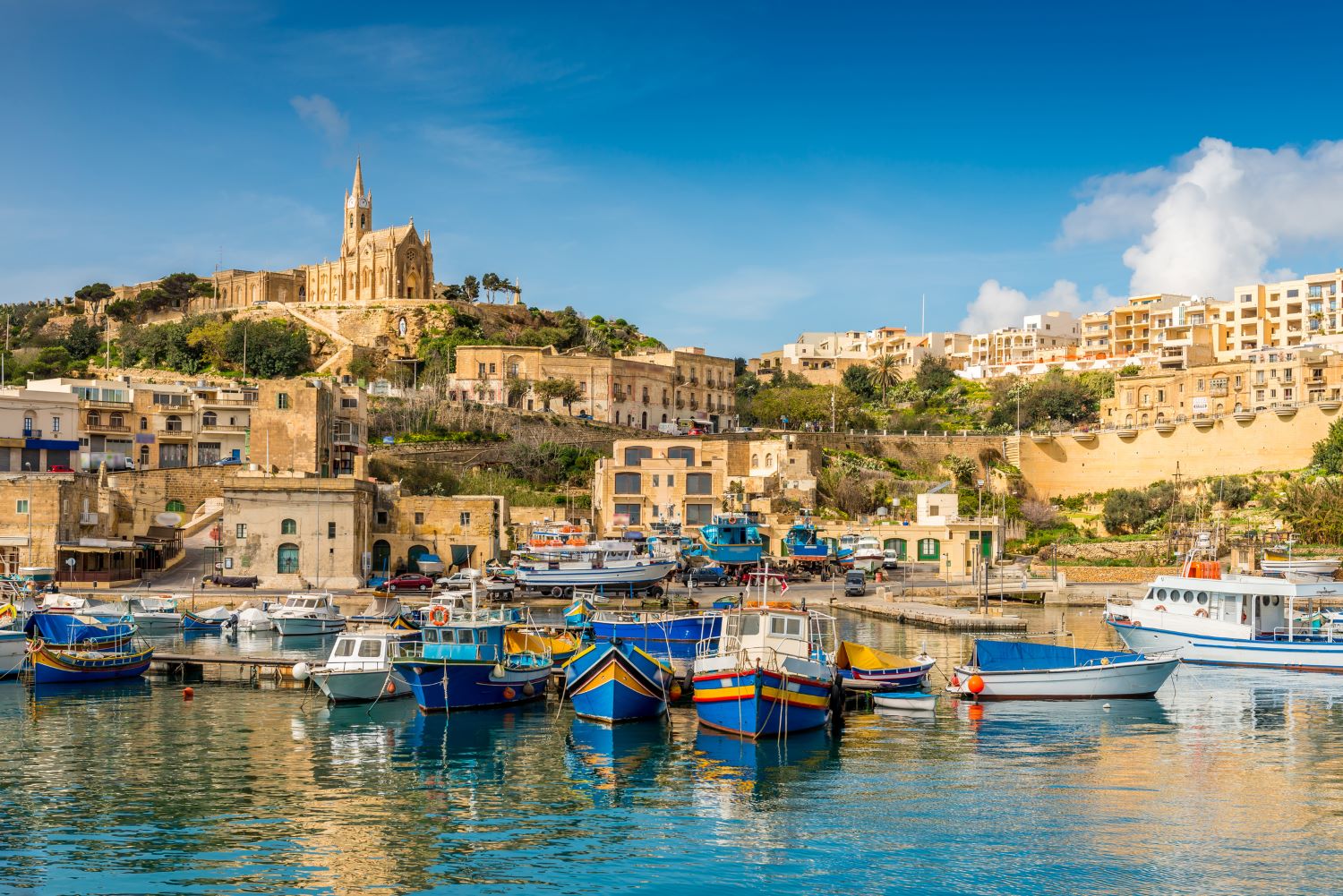Malta can achieve sustainable economic growth that benefits people and the environment without undertaking any drastic changes to its economic model, according to Kenneth Farrugia, CEO of Bank of Valletta, Malta’s largest bank.
Much has been said of Malta’s economic model and the need to change or adapt it in the face of internal and external pressures – although what that economic model is, exactly, remains relatively undefined.
Certainly, the explosion in Malta’s resident population over the last years has powered remarkable economic growth and left thousands with more money in their pockets, although this has come at the price of rising inequality, infrastructural challenges, social dissatisfaction, and damage to the environment.
But is economic expansion driven by population growth really the centrepiece of Malta’s relative success? What are the other elements that continue to drive businesses to invest in this tiny country, despite its physical limitations? What can we learn from Malta’s economic journey prior to its shift to a reliance on migrant labour, and how can it be applied to its future strategy?
BusinessNow.mt caught up with Mr Farrugia to explore these questions, pick his brain on what makes Malta stand out from other countries, and where he sees untapped opportunity.
All about the sectoral mix
A big part of Malta’s success, in his telling, boils down to sensible economic diversification, which is somewhat unique to Malta and Gozo. Indeed, there is a stark difference with other island economies, notes Mr Farrugia, whose background in asset management makes him highly aware of the benefits granted by a well-diversified portfolio of assets.
“Comparing Malta to other relatively small economies, you can notice that one thing we’ve done very well is diversify the industrial sectors present on the islands and contributing to the country’s economic growth. While others may be dependent on only one or two sectors – largely tourism and financial services – we can also boast high end manufacturing like pharmaceuticals and precision engineering, the aviation and maritime servicing sectors, gaming, construction, and others.
He continues: “We have achieved considerable success thanks to the fact that we have evolved a broad sectoral exposure to industries that do not necessarily perform in the same manner within the context of the dynamic flux of the economic environment – just look at how iGaming companies did during COVID, while tourism was on life-support.”
Although many of these sectors have existed for decades, it was really after the Great Recession and ensuing European sovereign debt crisis died down that Malta started registering some of the highest economic growth rates in Europe.
Growth pains
While this boom drove a general increase in incomes, it has not come without its challenges.
Mr Farrugia believes that the population boom is just one facet of Malta’s growth pains, and expresses his confidence that modern analytics, properly applied, can do much to manage the issue.
“We may have pushed tourism heavily, but now we are dealing with the repercussions of that. Using data and analytics, we would be better able to forecast how we can manage this remarkable growth. To what extent can our economy accommodate so many foreign workers in Malta? What are the repercussions of that? Where is the supply of residences for these foreign workers? Or do they need to be built? And if so, where, and in what manner?
“So,” he continues, “it is not about developing a single solution, some magic formula, to address the current growth paints, but rather about utilising a suite of carefully conceived initiatives. These will need to give consideration to trade-offs to strike a balance between growth and its structured management.”
Changing priorities
If the balance has shifted a bit too heavily towards those industries which depend on a large influx of labour to expand their operations, what would a counter balance look like?
Echoing recent comments by Economy Minister Silvio Schembri and Finance Minister Clyde Caruana, Mr Farrugia says that the best probable solution to Malta’s overpopulation pressures is to gradually shift the economy’s focus towards those service industries – already present and thriving locally – that are not so taxing on the country in terms of human resources.
“From an economic value-added point of view, operations requiring fewer resources and generating more value are attractive,” he says.
However, these opportunities “do not grow on trees”, he continues. “We need to ensure that we have a strong value proposition to attract such sectors to Malta.”
The BOV CEO therefore argues that a rebalancing of Malta’s economic priorities does not and should not in any way entail a complete change to its economic model.
“It is about ensuring that investments are not assessed on a purely economic scoresheet, but also considered in light of their environmental and social impacts as well.”
Room for growth in financial services?
But realistically, how much scope for growth is there in the sectors already established here, like, for example, Mr Farrugia’s own area – the financial services industry?
“There is absolutely more room for growth, if more effort is expended by stakeholders,” is the enthusiastic reply. “We have not sustained the pace on innovation in the financial sector, despite being quite innovative a decade ago, where we managed to develop interesting asset management and servicing sectors. I feel that Malta still has a very strong position, but much more needs to be done on the innovation front to implement initiatives that will sustain the growth of this important sector going forward.”
Other areas primed for growth include financing for the burgeoning maritime and aviation sectors: “We could really be a one-stop-shop for the servicing of these sectors. Currently, financing vessels and aircraft are beyond what the local banking sector can adequately service.”
What Malta offers investors
Having been involved in Malta’s financial services sector since the mid-1990s, when it was taking off and finding its feet as the country sought to position itself vis-à-vis more established players, Mr Farrugia shares his insight into the particular competitive advantage Malta is able to bring to the table.
“We were not front runners in this sector,” he says, “so the situation was entirely different to what happened a decade later with iGaming. The United Kingdom, Luxembourg and Ireland had already set the pace to attract certain operators, making them natural homes for the big players. It is also important to keep in mind that these countries have a sizeable domestic market as well – which in Malta’s case is simply not the case.”
In assessing its position, says Mr Farrugia, Malta realised that mid-sized funds and mid-tier firms were not being adequately served in the major jurisdictions.
“These small to medium-sized entities normally struggle to get the same level of efficiency when operating in established jurisdictions, so they are often looking for a jurisdiction where their business size is of importance.”
“In Malta these companies can find a personalised bespoke service, because that business is important for the country.”
And that, Mr Farrugia continues, is a big part ofMalta’s competitive advantage: “We are agile in servicing these types of clients, because they matter to us. That’s the benefit of a small country – agility – a quality we need to ensure is sustained.”
Malta’s innovation ecosystem takes centre stage at launch of new community hub
EIT Malta Officer Diana Miceli said the event highlighted 'how much potential Malta has to become a leading innovator'
DIER cracks down on employment agencies bringing foreign workers to Malta
DIER has intensified its enforcement of employment agencies responsible for bringing foreign workers to Malta
Gozo issues call for roadmap to climate neutrality
The plan to achieve climate neutrality in Gozo by 2030 is ramping up






